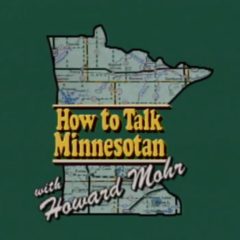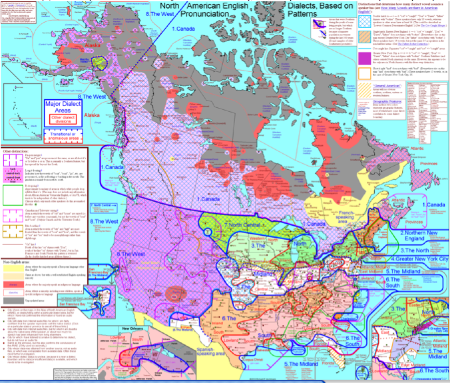Michael D. Linn, UMD Linguistics professor and friend, celebrated his retirement this week. Linn is most famous, perhaps, for work in the Linguistic Atlas of our region. Mike is the reason that we know that the unique mix of ethnic communities in the Range produced more than 30 identifiable dialects. Maybe equally importantly, he explained (to me, at least) the ways that labor in the mines was fragmented and weakened when work groups were mixed together of people who did not speak the same language. No common language, no ability to organize unions. [Today, it seems, we are separated by a common language that keeps us from organizing. That’s my opinion, not Mike’s.]
Mike taught intro linguistics, topics in linguistics, and applied linguistics for teachers. I’m sure many teachers in Duluth learned their trade from Mike. He also taught writing. If you have any memories of Mike you’d like to share, comment below.
More info about Mike, including some indication of how he will spend retirement, can be found here










